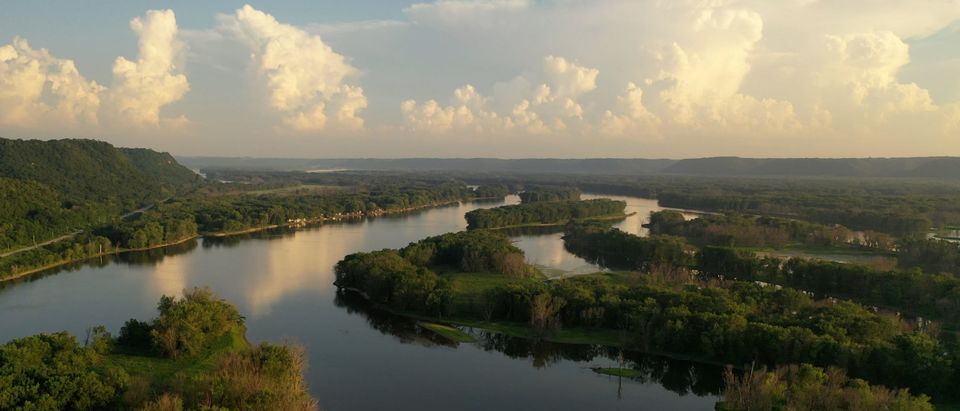A human jawbone unearthed Aug. 10 along the Iowa River belonged to a prehistoric Native American, conservators say.
The bone of a human’s lower jaw was found by Marshall County conservation staff during a biological survey of the remote area, according to KCCI. The team contacted Marshall County Sheriff’s deputies, who launched an investigation into the source of the remains, the outlet continued.
After studying the intact jawbone, the Office of the State Archaeologist determined it belonged to a male individual between middle and old age, likely from a prehistoric Native American tribe, according to a news release from the sheriff’s office. Additional research is required to determine whether other relics remain in the area, including those that could point toward a specific tribe, KCCI noted.
Images of the bone depicted in news reports reveal the near-perfect preservation, but the release from the sheriff’s office said the jawbone had started to deteriorate. Three other bones were discovered in the vicinity of the jawbone and were initially thought to be human, but they turned out to belong to another type of animal, the Des Moines Register reported. (RELATED: Car Plows Through Parade In New Mexico, Injuring Multiple People Including Police Officers)
Humankind first walked what is currently known as Iowa sometime around 11,000 years ago, according to the Iowa University Libraries. Depending on the exact age of the jawbone, it potentially could have belonged to Oneota culture, or the Ioway, Sioux, Sauk, or Mesquakie tribes.


